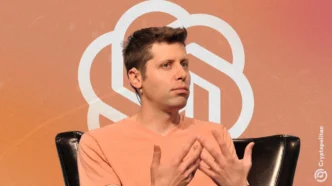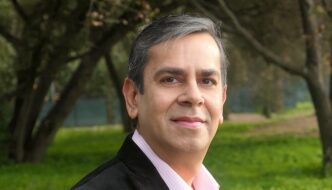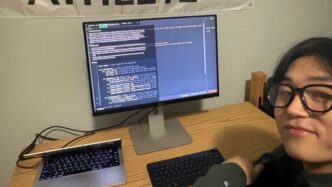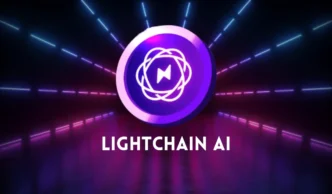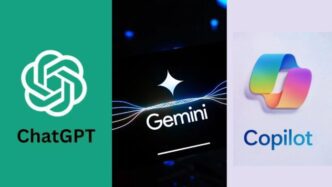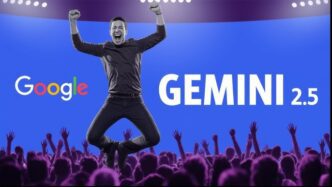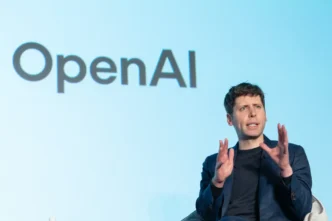Just 24 hours after OpenAI launched its latest AI image generator, the internet is already overflowing with striking visuals mimicking the distinct animation style of Studio Ghibli. From Studio Ghibli versions of Elon Musk to reimagined scenes from “The Lord of the Rings” and even animated portraits of Donald Trump, users have eagerly jumped into the trend using OpenAI’s GPT-4o-powered tool.
OpenAI CEO Sam Altman even appeared to join in — reportedly updating his profile picture to a Ghibli-style avatar generated with the new tool. Users are uploading real photos and requesting the AI to re-create them in the aesthetic of renowned animation houses, including Studio Ghibli.
This viral moment closely follows a similar phenomenon earlier in March, when Google’s Gemini Flash image generator gained traction after users began manipulating watermarked images with AI. Now, with OpenAI’s tool achieving such stylistic accuracy, concerns about copyright infringement are bubbling back up to the surface.
The new tools from OpenAI and Google are making it easier than ever to replicate the styles of copyrighted works, simply by typing prompts. But this surge in creativity also revives legal and ethical questions that are already fueling ongoing lawsuits involving OpenAI, Meta, and image-generation companies like Midjourney.
At the heart of the issue: Can AI legally mimic the style of copyrighted works? And if the models are trained on such materials, does that violate copyright law?
Evan Brown, an intellectual property lawyer at Neal & McDevitt, says these tools operate in a legal gray zone. While copyright doesn’t explicitly protect “style,” Brown explains, there’s growing debate over whether training AI on millions of copyrighted images or film frames — like those from Studio Ghibli’s library — qualifies as fair use or copyright infringement.
“I think this raises the same question we’ve been asking for years now,” Brown said. “What are the copyright implications of scraping the internet and copying creative works into AI training datasets?”
The question is central to several lawsuits currently underway. The New York Times is suing OpenAI over claims it used its content without permission. Other major publishers have filed similar lawsuits. Meanwhile, visual artists have also raised objections, accusing AI developers of using their work without consent to train image generators.
OpenAI, in response to criticism, said that ChatGPT does not allow users to replicate “the style of individual living artists.” However, the company permits recreating broader “studio styles.” That’s a slippery slope when studios like Ghibli have living creators — such as co-founder Hayao Miyazaki — whose visual signature defines their brand identity.
Despite these policies, GPT-4o’s image generation feature has already been used to create art in other signature styles — including Dr. Seuss-inspired portraits and Pixar-style wedding photos. One user shared a whimsical image of venture capitalist Marc Andreessen drawn in the style of Dr. Seuss. Another transformed their wedding album with Pixar-like aesthetics.
We ran tests across several popular image generators — Google’s Gemini, Elon Musk’s xAI Grok, and Playground.ai — to compare their ability to replicate Studio Ghibli’s art style. OpenAI’s GPT-4o image generator came out on top, producing the most visually faithful and polished results.
That accuracy might explain why OpenAI had to temporarily delay access for free-tier users, citing overwhelming demand shortly after launch.
While these tools clearly mark a new milestone in generative AI capabilities, they also intensify the broader debate over how — and whether — copyright protections apply in an AI-driven creative landscape. With lawsuits stacking up, it’s now up to the courts to determine whether tools like GPT-4o are breaching copyright law or simply pushing the boundaries of fair use.
